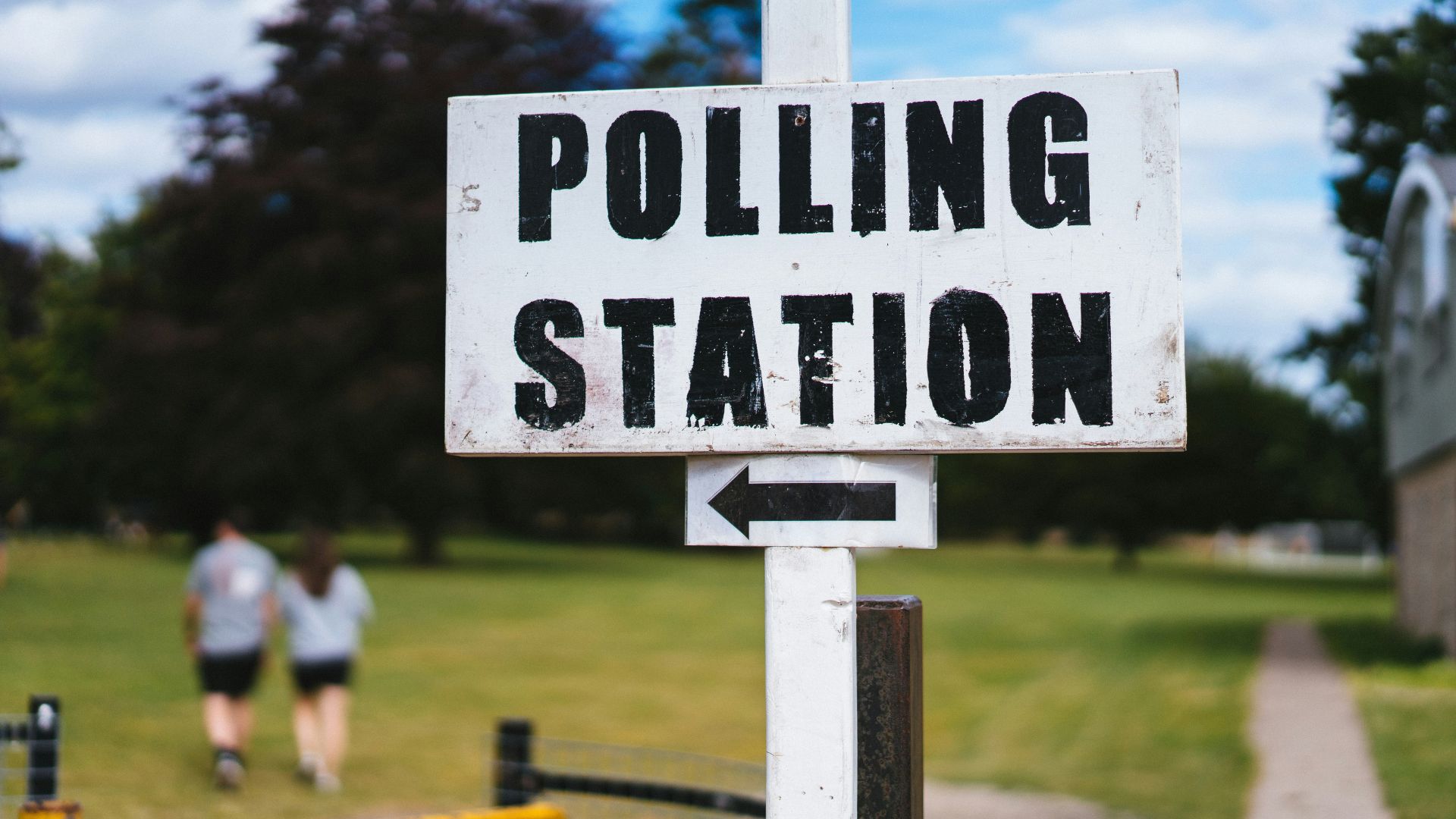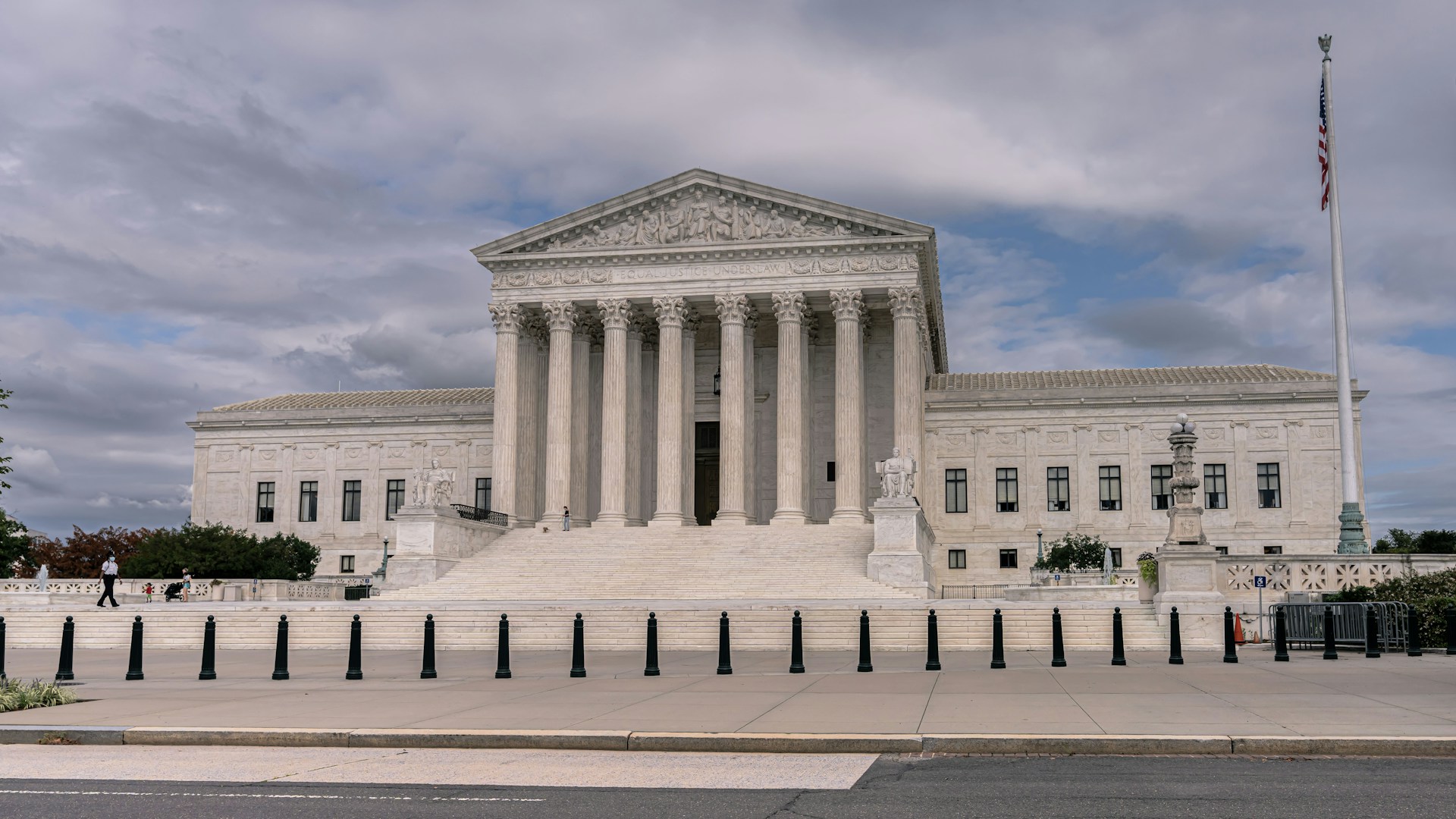On Monday morning, Iowa’s strictest abortion law ever went into effect. The change will immediately prohibit most abortions after six weeks of pregnancy.
The problem with this law is that most women don’t find out that they are pregnant until they are roughly 6-8 weeks pregnant, based on how pregnancies are calculated from the last menstrual cycle date. Here’s how the new change will affect women in the state.
Iowa Republican Leaders

The law changes come directly from Iowa’s Republican leaders, who have been seeking them for years.
After the U.S. Supreme Court overturned Roe v. Wade in 2022, the party gained more momentum to implement strict abortion laws in the state. “There is no right more sacred than life,” Republican Gov. Kim Reynolds said in June. “I’m glad that the Iowa Supreme Court has upheld the will of the people of Iowa.”
States With Similar Laws

Since the groundbreaking law was overturned that gave women the right to access safe abortions, four states have banned abortions around 6 weeks into pregnancy.
A total of 14 states have near-total bans at all stages of pregnancy, making life more difficult for women who need to access the procedure for medical reasons.
Where Do Americans Really Stand?

The Pew Research Center shows that 63% of all Americans think that abortion should be legal in all or most cases. In comparison, 36% of Americans across the political spectrum say that the procedure should be legal in most cases.
While Republican voters generally lean closer toward banning abortion altogether, the party is not a monolith. More than 41% of Republicans think abortions should be legal and safely accessible. The numbers have a wider margin for Democrat voters. However, 14% think that abortions should be banned. This discrepancy shows that the issue can traverse party lines.
A Focal Point of the 2024 Election

In the upcoming 2024 election, abortion will be a huge talking point.
Several news outlets have pointed out how extreme J.D. Vance is in his views on the big issues Americans care about. When it comes to abortion, he has been an outspoken proponent of overturning Roe v. Wade, along with stating that states should each have their own laws regarding the procedure.
The Topic Is on Kamala Harris’ Mind

Several political commentators have noted that Kamala Harris will most likely use her advocacy for women’s rights as one of the top issues of her presidential campaign.
So far, she has already called out the desire to reinstate Roe v. Wade in her few rally speeches.
Healthcare Providers Have Fought the Law

Although abortion providers in Iowa have been preparing for the new 6-week ban, they have also been fighting the rule in court.
Providers will follow the law to the letter to ensure that they do not have their medical licenses revoked. Helping women and people in trouble has always been their number one priority.
Going Out of State for Help

One of the easiest ways around the law is for women seeking an abortion to leave the state and head to a friendly area close by.
Thankfully, the U.S. Justice Department has fought for the constitutional right for women and girls to travel to receive medical intervention for the procedure. Although many states have criminalized the action and have attempted to put anyone helping a woman receive an abortion in jail, it hasn’t been federally criminalized.
Legal Challenges

Although the Republican-controlled Legislature passed the Iowa law in a session last year, they were met with immediate legal opposition to fight the 6-week ban.
The American Civil Liberties Union of Iowa, Planned Parenthood North Central States, and the Emma Goldman Clinic all filed joint lawsuits in an effort to block the ban. The law lasted for just a few days before a district judge successfully blocked it.
Iowa’s Supreme Court Upholds the Ban

The ruling was sent to Iowa’s Supreme Court, where it was passed with a ruling of 4-3 in favor of the 6-week ban.
The court decided that there is no constitutional right to an abortion procedure in the state, and the ban will be held. A district court judge said last week that the ban would officially take effect on Monday.
Is Cardiac Activity a Heart Beat?

The 6-week abortion ban has often been called the “heartbeat ban”, stopping all abortions, even in cases of rape, incest, or fetal abnormality, after “cardiac activity has been detected.” However, many healthcare providers note that at 60 weeks, a fetus is still a clump of cells, and a heart is a long way from being formed.
Although cardiac tissue has been partially developed at 6 weeks, and a faint pulse can be heard on an ultra-sound, this doesn’t mean the fetus has a heartbeat. Dr. Saima Aftab, the medical director of the Fetal Care Center at Nicklaus Children’s Hospital in Miami, says that the pulse is a group of cells that can become the heart and has the capacity to fire electrical signals but looks nothing like a human heart just yet.
Six Weeks is Approximate Language

A pregnancy is calculated from the last day of the woman’s last menstrual cycle. However, the woman could have conceived any day after the last cycle. The way that pregnancies are calculated is approximate and not always accurate.
This method will cause some severe problems for abortion providers in Iowa, who say that the law based on cardiac activity is “tricky.” A representative of Planned Parenthood says, “we don’t necessarily have plans to cut people off at a certain gestational age.”








































